Subtotal: ৳ 130.70
Micosone | Cream | 10 gm | 1 pcs
৳ 50.00
Brand Name: Micosone Cream
Generic: Miconazole Nitrate + Hydrocortisone
2%+1%
Manufacturer: ACI Limited
10 gm tube: ৳ 50.00
Indications
Therapeutic Class
Pharmacology
Miconazole nitrate is an imidazole antifungal agent and possesses antibacterial activity. At low concentrations, it interacts with fungal cytochrome P450 which results in inhibition of a demethylation step in the biosynthesis of ergosterol. At high concentrations, miconazole interacts with membrane lipids causing direct membrane damage which results in leakage of fungus cell constituents. It appears that fungistatic effects result from the inhibition of membrane sterol synthesis and membrane. Hydrocortisone is a naturally occurring glucocorticoid that is now prepared by chemical synthesis and its main action is to reduce the response of the skin to injury (i.e. anti-inflammatory). It also has immunosuppressant and antimitotic actions.
The anti-inflammatory activity of hydrocortisone is its main therapeutic property. This is thought to be mediated by the reduction in formation, release and action of the various vasoactive chemicals release during inflammation-kinins, histamine, lysosomal enzymes, prostaglandins and the complement system. Steroids decrease membrane permeability and bind to tissue receptors. They also induce vasoconstriction, by reducing vascular permeability and reversing vascular dilation which in turn decreases serum extravasation, swelling and discomfort, including itching. Thus, they effectively reduce cellular access to inflamed sites. Corticosteroids also exhibit an antimitotic effect against human epidermal cells which may account for their effectiveness in the treatment of scaly dermatoses such as psoriasis.
Dosage & Administration
Interaction
Side Effects
Pregnancy & Lactation
Precautions & Warnings
Storage Conditions
| Generic Name | Miconazole Nitrate + Hydrocortisone |
|---|---|
| tube: | 10 gm |
Only logged in customers who have purchased this product may leave a review.

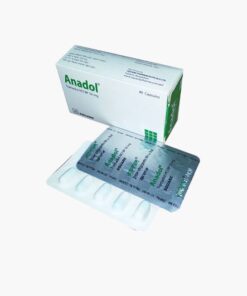
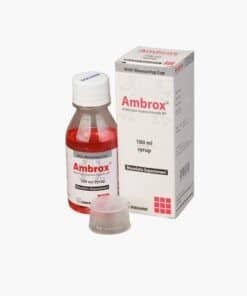
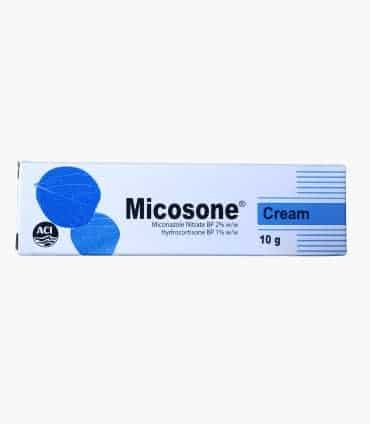
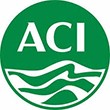

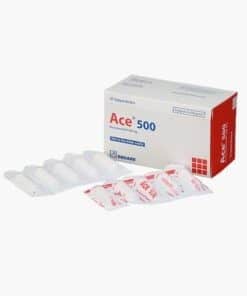
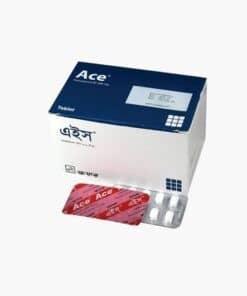
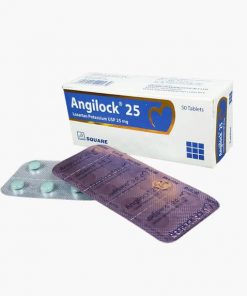
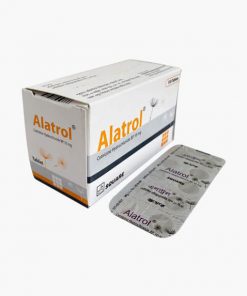
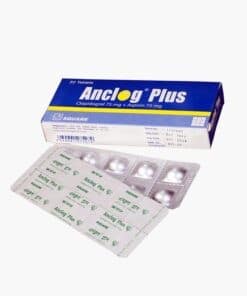
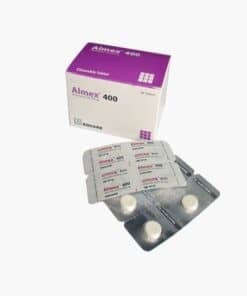
Reviews
There are no reviews yet.